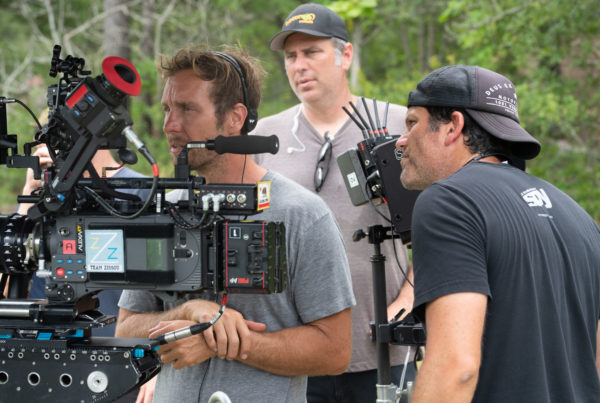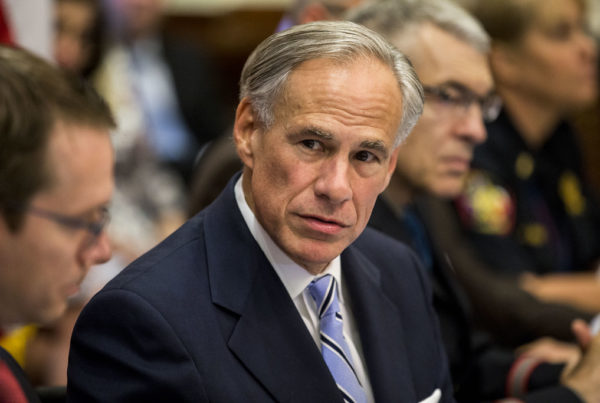This month, we’re looking at the speaking style of one of the most renowned Texans in the movie business: Richard Linklater. Directing everything from “Dazed and Confused” to “Bad News Bears,” the language in Linklater’s scripts often borrows from his identity as a Texan.
Lars Hinrichs, associate professor of English linguistics at the University of Texas at Austin and director of the Texas English Project, says Linklater’s language is all over the characters in his films.
Here’s Linklater, acting in his early movie “Slacker.”
“Every thought you have creates its own reality, ya know. It’s like every choice or decision you make, the thing you choose not to do fractions off and becomes its own reality and just goes on from there.”
In the clip, Hinrichs says Linklater has very clear and consistent markings for a traditional, anglo-Texan accent.
Here he is again, in an interview with Austin Public Access Television in 1991:
“For me, I mean I don’t really lean in that direction. Filmmaking for me isn’t that. There’s a different kind of film makers – certain ones that at age eight had their Super 8 cameras and are blowing up their trains and their cars, but I was never like that. I discovered filmmaking much later.”
At the time, Hinrichs says Linklater’s accent could have been used as a tool to teach people how to speak like a Texan, because it carries all the trademarks of a quintessential Texan accent.
In a 2014 interview with CBS Sunday Morning, Hinrichs says Linklater appears to have lost all Texas accent features.
“On the one hand, this might be normal language change over the lifespan,” Hinrichs says. “On the other hand, we have so much dialect leveling going on – when the local accent kind of approximates the standard accent more.”
And this is common along the “I-35 corridor” in Texas, Hinrichs says, because of migration, mass media and a diversification of social networks.
“All these things make people feel like they’re more part of a bigger system that reaches beyond just Texas,” Hinrichs says.
But the Texan accent isn’t yet endangered, Hinrichs says, it’s just converging with the mainstream.
“I don’t think the accent is going away completely,” Hinrichs says. “It is just less different… but Texas english is going to stay its own thing for a good while.”
Written by Hayden Baggett.















